Pollen
9.10€
POLLEN PROPERTIES
Pollen is the sperm of flowers. By its nature, it contains all the necessary structural elements and all the vital energy to create and support new life. For this reason alone, it is incomparable to any other food or nutritional supplement. Pollen is collected and processed by bees from various flowers. It is the richest natural food in proteins, vitamins, amino acids, sugars, fats, minerals, trace elements, growth factors, hormones, enzymes, and other extremely necessary ingredients for our body. From each flower we get pollen with a different content of all of the above, which is why pollen is usually mixed from many types of flowers. Pollen is found in three forms in the trade: dried pollen, fresh pollen and a fermented form called bee bread. We consider bee bread to be a separate product, because it presents different properties. The lesser the degree of intervention in the original form of pollen, as we obtain it from the bee, the greater the benefits that arise from it. Dried pollen is 20-40% less nutritious than fresh pollen. This percentage can correspond to a 100% loss of valuable antibiotics and growth factors, enzymes and other active substances that are destroyed, either by drying or by oxidation during storage, transport and distribution.
POLLEN STORAGE
Pollen is stored exclusively in the refrigerator. Dried pollen can be stored outside the refrigerator for a very short period of time (2-3 months) and as long as it is fresh, because it loses its nutritional properties very quickly. Dried pollen in the refrigerator loses approximately 15-20% of its nutrients each year. Fresh pollen is preferably stored in the freezer and retains 100% of its nutrients for a long period of time (1-2 years).
POLLEN FLAVOR
Dried pollen generally has an unpleasant, distinctive taste reminiscent of fish oil. Fresh pollen, depending on its plant origin, has a distinctive, pleasant, slightly sweet, floral taste.
VITAMINS
Pollen is high in rutin (vitamin R), which significantly strengthens the entire capillary system of the human body. It contains B-complex vitamins (B1, B2, B6, Nicotinic acid, Pantothenic acid, Folic acid and in small quantities (only in non-dried pollen) B5 and B12. It contains vitamin C, D, Biotin, Inositol, while non-dried pollen contains small quantities of vitamin K. It contains significant amounts of active carotenoids, such as provitamin A, and in small quantities of vitamin E.
AMINO ACIDS – PROTEINS
Pollen is rich in amino acids and proteins. Amino acids are the building blocks of proteins. The protein content of pollen is approximately 20-35% of its weight, and varies depending on the type of pollen. Of these, approximately 1/3 is in the form of free amino acids. Pollen contains 20 amino acids, but the important thing is that it contains the 8 essential amino acids that the human body does not produce. These are: isoleucine, leucine, lysine, methionine, tryptophan, phenylalanine, cysteine and tyrosine. The protein contained in pollen is of high biological value and does not produce metabolic stress. This means that it is absorbed to a very high degree by the body, does not produce acidity in the body and does not favor the creation and growth of parasites, as meat, eggs and dairy products do. The amount of protein elements in pollen is 3-7 times greater than that found in equal weight in meat, eggs and dairy products. Therefore, 20 - 30gr of pollen can cover the daily protein needs of an adult.
FATTY SUBSTANCES
Pollen contains 5-20% fat. Some of them have the property not only to reduce bad LDL cholesterol, but also to increase good HDL cholesterol, protecting against atherosclerosis. We know that pollen detoxifies the liver (and generally the entire digestive tract) and helps the pancreas. The combination of pollen with honey helps the body burn fat and lose weight.
AND MANY MORE...
Pollen contains more than 12 essential enzymes, essential mainly in the body's metabolic processes, a very large number of antioxidants, large amounts of mineral salts and trace elements, more than three growth substances and growth factors and some powerful antibiotic agents. The combination of pollen, with the mother tincture of propolis, is nature's greatest antibiotic dynamite against viruses, bacteria and parasites.
Most importantly, as studies show, pollen contains a balanced combination in quantity, not only between the various vitamins, but between vitamins, minerals and enzymes, which acts synergistically. At the same time, pollen settles on the surfaces of the digestive tract, and gradually releases its nutrients, simultaneously exerting a therapeutic effect on any ulcers and damage to the epithelium. This fact significantly enhances the assimilation of all nutrients by the human body. Pollen ensures an excellent vitamin and protein supplement that is far superior to the consumption of any pharmaceutical-chemical preparation.
HOW MUCH POLLEN SHOULD WE EAT?
Thirty-five grams of pollen (a full tablespoon) per day covers the daily normal needs of an adult in proteins, vitamins, trace elements, etc. This dose can be reduced when we are talking about fresh pollen and even reduced when the pollen is taken as is, chewed until mashed together with saliva. In general, for an adult the normal dose is 20-35 gr/day, for children 6-16 years old the normal dose is about 15-20 gr/day, for children 3-6 years old the normal dose is about 10-15 gr/day. Tired organisms should consume double the amount of pollen. Adults and adolescents who exercise can consume double or triple amounts of pollen, as long as it is taken gradually, so that the stomach gradually gets used to it. Although other cultures allow the administration of pollen to infants under one year of age, and although no clinical contraindications have been observed for the use of pollen in children under three years of age, pollen is not clinically recommended for children under three years of age.
HOW IS POLLEN COLLECTION DONE?
Pollen consumption should start with a small amount until the stomach gets used to it. It is recommended to take a teaspoonful daily for about a week, and gradually increase it to a full tablespoon each week. Pollen consumption should continue without interruption for 2-4 months depending on the needs and reaction of each individual, in order to show its beneficial effects. For those who want to lose weight, pollen should be consumed 15-30 minutes before eating, while on the contrary, those who want to gain weight should consume it immediately after eating. Pollen is consumed as is or dissolved in fresh fruit and vegetable juice. The most recommended way is to consume it as is, chew it and mix it with saliva before swallowing for maximum benefits. It can also be mixed with good quality honey (in a ratio of 1:2 – pollen/honey), preferably raw, and consumed in the above manner.
WHEN DOES POLLEN COLLECTION TAKE PLACE?
Pollen can be taken once a day, preferably early in the morning when metabolism is fast, or it can be taken in doses, depending on the preferences and ability of the individual. Pollen can be taken in periods lasting at least a month, mainly during the changes of seasons, in intense working, environmental conditions, or in periods of intense physical and mental fatigue. This, of course, combined with a quality and balanced diet. In general, pollen should be considered as food in the daily diet and not as a food supplement. Its use can be, and should be, throughout the year without any problem, even in reduced dosages.
CONTRAINDICATIONS – TOXIC EFFECTS
Pollen has no toxic effect, even if the dosage is taken very high and for a long time, unlike any pharmaceutical preparation. The pollen we take from the bee should not be associated with the spring allergenic pollens. Allergies are caused by pollen that is transported through the atmosphere (anemophilous pollen), while in that which is transported through the bee (entomophilic pollen) all the allergic factors are destroyed through the processing that the bee itself does. Taking bee pollen has immunomodulatory effects against anemophilous pollen, and therefore constitutes a serious measure against allergy and allergic rhinitis. Another, seemingly, symptom of taking pollen is the appearance of a stomachache or the appearance of a strong need to evacuate immediately after taking pollen. Stomach pain occurs naturally in a person who has a sensitive stomach and has taken a large dose of pollen, and does not present any concern. For this reason, pollen must be taken in a specific way, which is analyzed above, so that the stomach gets used to it. The appearance of a strong need to evacuate, or simply some slight intestinal discomfort is not a contraindication to pollen, but a clear indication of some intestinal dysfunction or disease, which may not have been noticed by the person. In this case, pollen should be taken in small quantities, once and will help for the better, until the symptoms disappear. Although no clinical contraindications have been observed in the use of pollen in children under three years of age, pollen is not clinically recommended for children under three years of age.
BENEFICIAL EFFECTS OF POLLEN
We would say without exaggeration that pollen is "for every disease", since its beneficial effects have an enormous range. Pollen works with all beekeeping products and most likely with other phytotherapeutic and gemmotherapy preparations or herbs, and for this reason it is traditionally used in the treatment of many diseases. Pollen acts on the genital glands of men and women, is very effective in prostate problems and is recommended as a treatment for dysmenorrhea, premenstrual tension and irregular periods. Pollen significantly alleviates and limits the problems of menopause, and improves the general sexual condition. Pollen helps with mental function, strengthens the heart and has a diuretic effect. Pollen regulates appetite and blood sugar levels, and is particularly recommended for weakness and general weakening of the body, body weight control, treatment of intestinal and digestive disorders, treatment and protection against viruses, colds and other infections. Pollen improves the condition of people with mild allergic manifestations and helps them to gradually acquire immunity. Pollen positively affects the quality of hair growth, hair color, improves the healing rate of wounds, internal and external, and accelerates recovery from diseases. It contains biologically active substances that positively affect water metabolism, control fat deposition in the body, and generally promote good physical condition of the body and spirit. Pollen has a very positive effect on the mood of the person. It is an anxiolytic, gives well-being, euphoria, improves mental abilities and at the same time combats anxiety, stress, depression and insomnia. It protects against strokes and heart diseases, balances the number of red blood cells and the amount of hemoglobin, has a positive effect on rheumatism and arthritis, skin problems, vision problems, intestinal disorders, liver problems. It has beneficial effects, even on Parkinson's disease and diabetes! It has beneficial effects on brain disorders, while it is a well-known treatment for mentally retarded and sick children! What else could one expect from the humble pollen? All this is what research has shown, which continues... in the future... who knows what else will be added to the list of pollen's effects!
PARTICULARLY SUITABLE FOR:
• Children over three years old and adolescents
• Adults of all ages
• Athletes, regardless of level, as a nutritional supplement
• People with severe mental fatigue
• People with intense physical fatigue
• Men and women with sexual and reproductive system disorders
συστήματος
• People with intestinal disorders
• People with chronic skin conditions
• Weakened organisms
• People recovering from a virus, cold, trauma or radiation
• Lean people
• People suffering from anorexia
• People suffering from general psychological depression and insomnia
• People suffering from anemia (in combination with fir honey)
• People who suffer from seasonal allergies
• Elderly people
THE MIRACLE OF POLLEN
So, pollen is good, but why not take a bunch of pharmaceutical preparations with vitamins, minerals and trace elements, proteins, amino acids and fatty acids instead of pollen? Why eat a spoonful of pollen and not a beef steak or 3-4 eggs? Is it all these nutrients in large quantitative proportions that make pollen valuable?
The answer is NO! All these nutrients known to the general public are a simple…bonus that nature gives to pollen. The miracle of pollen is in the fact that these nutrients are in a PERFECT RATIO, creating synergistic effects that are still… being researched! It is impossible to achieve this ratio of all these ingredients through pharmaceutical preparations and other supplements. However, the bee knows no trouble, since that is its purpose. And it doesn’t stop there! The miracle of pollen is completed by the substances contained in it in small quantities, and most of them are added by the bees themselves. These infinitesimal amounts of substances with mysterious names are THE requirement for the use of pollen, because 70% of its beneficial properties are due to them.
| Βάρος | 0.410 κ. |
|---|---|
| Διαστάσεις | 7 × 7 × 12 cm |
| Weight |
200γρ |
Only logged in customers who have purchased this product may leave a review.
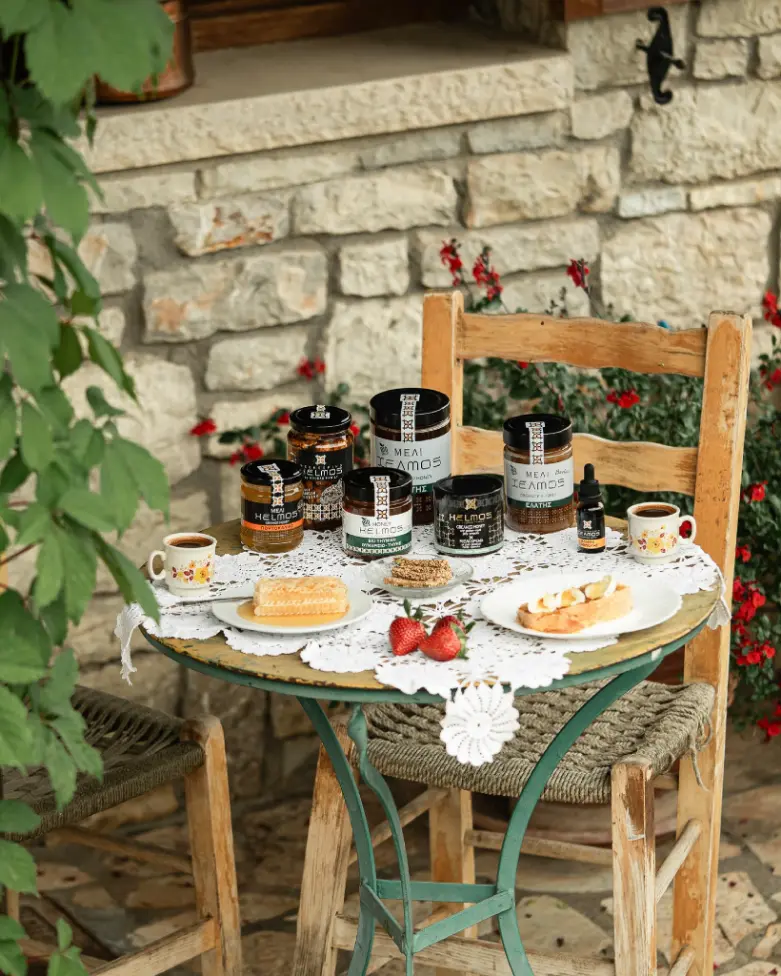
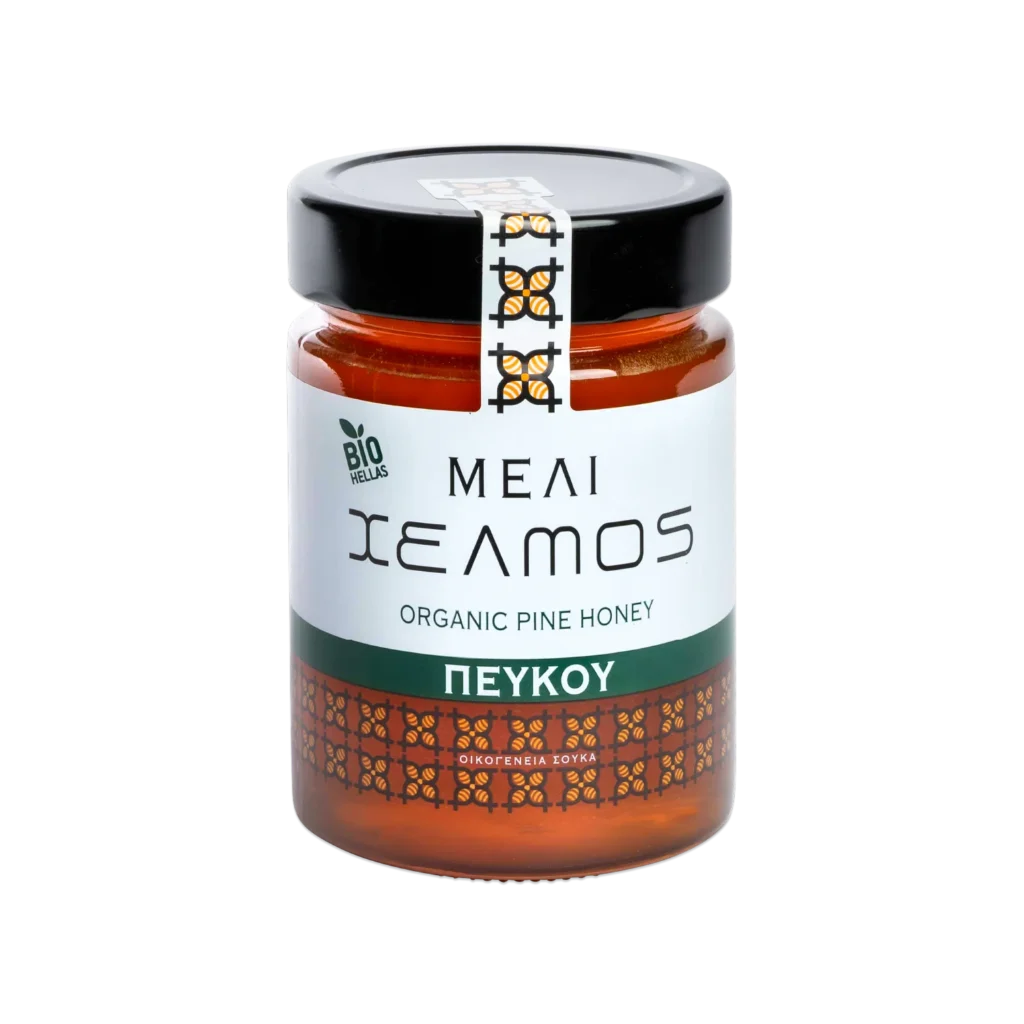
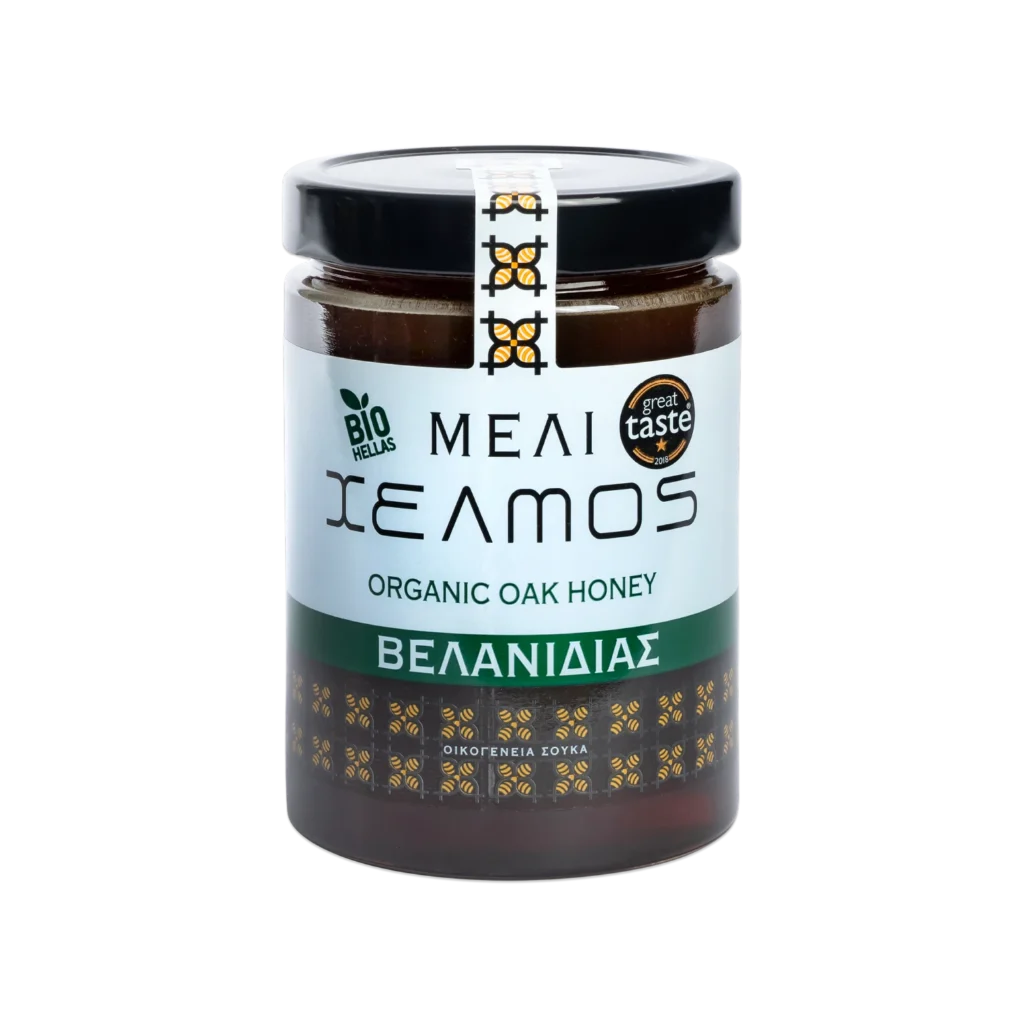
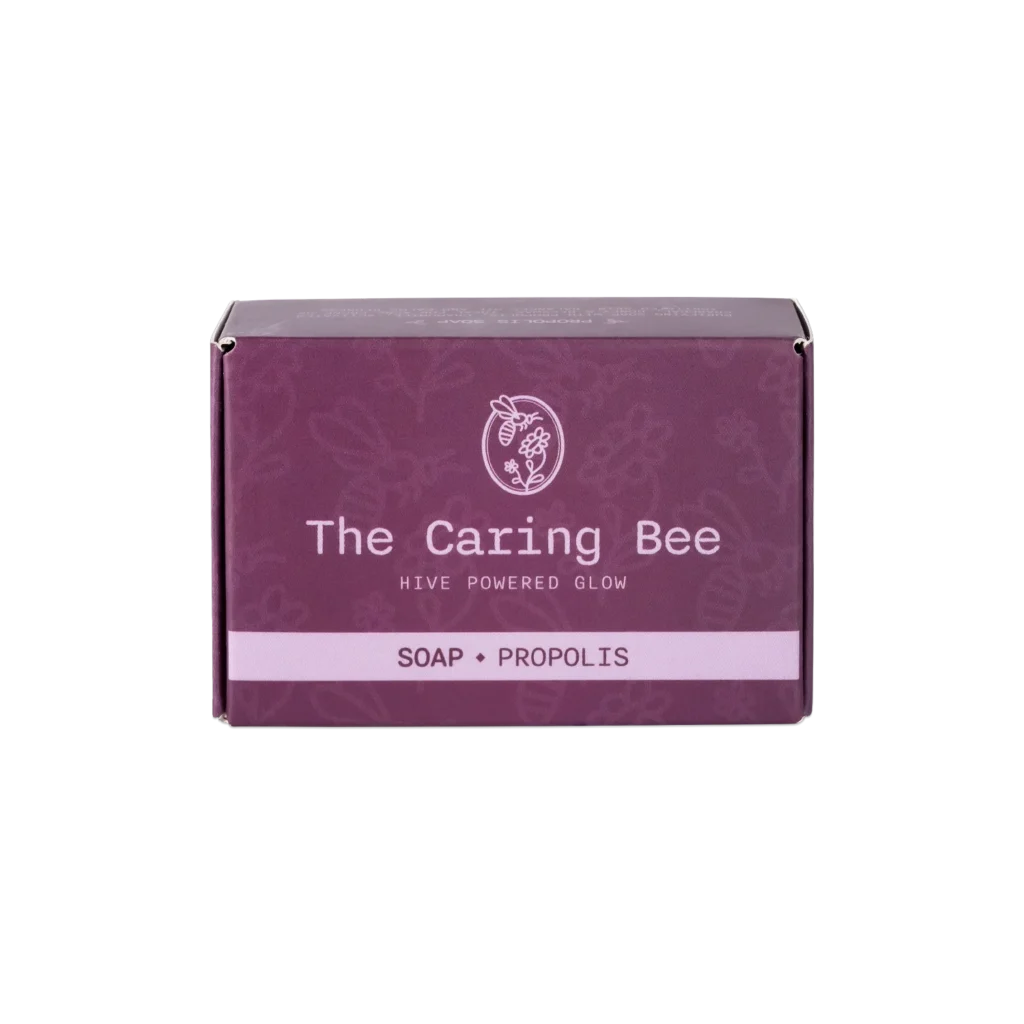
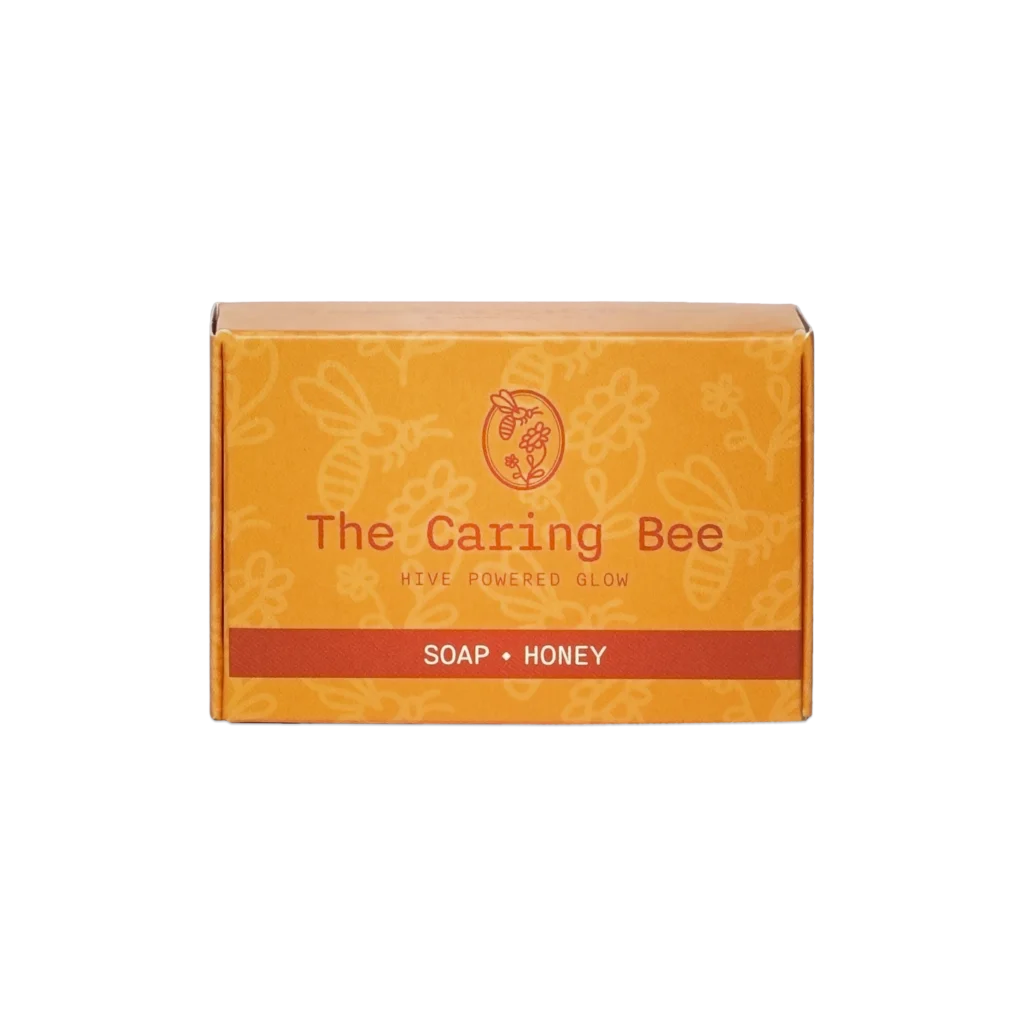
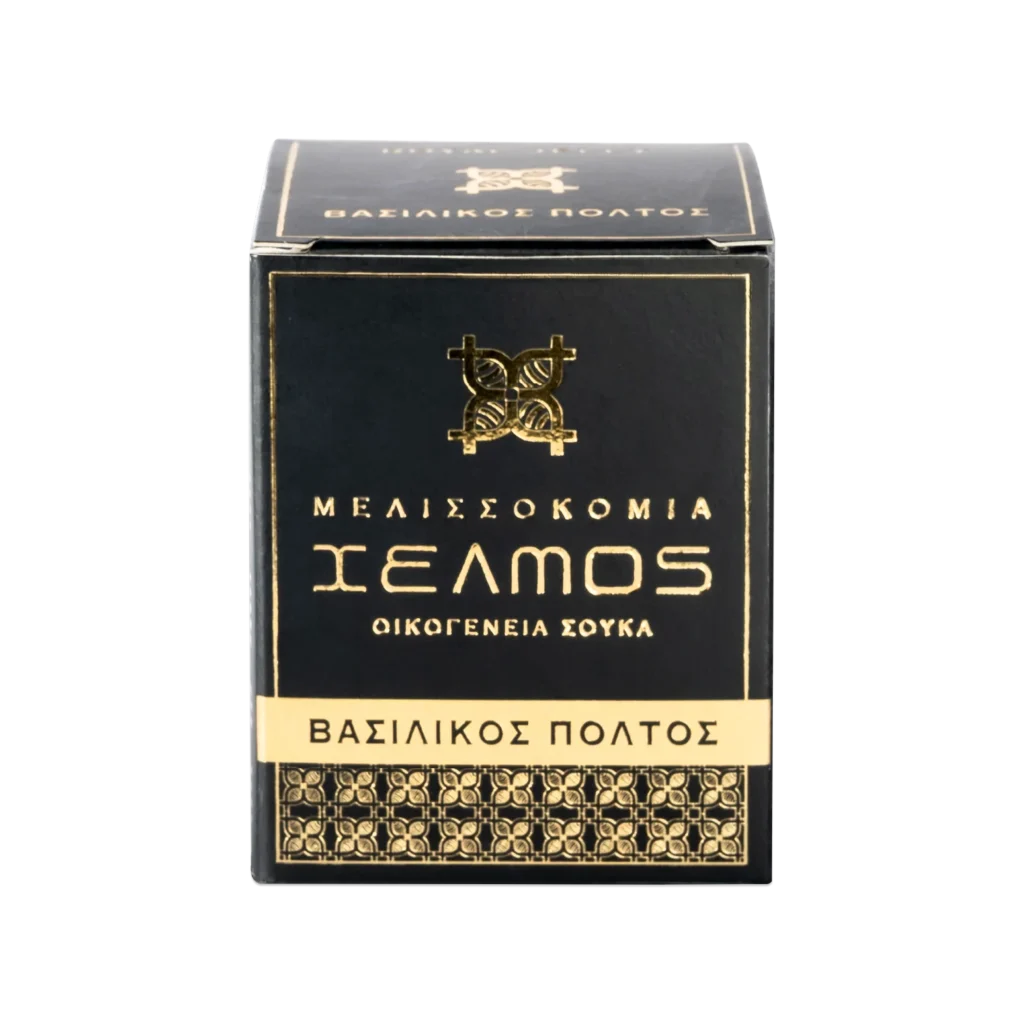
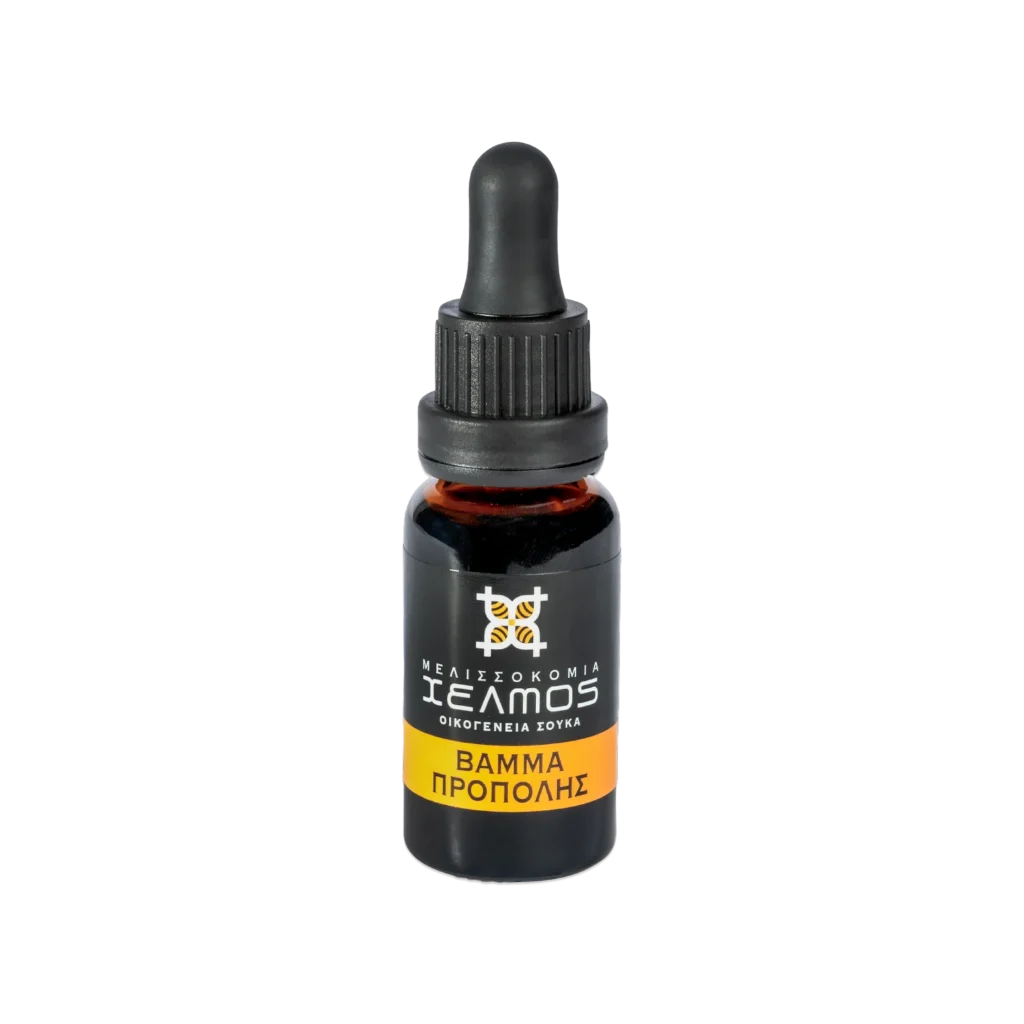
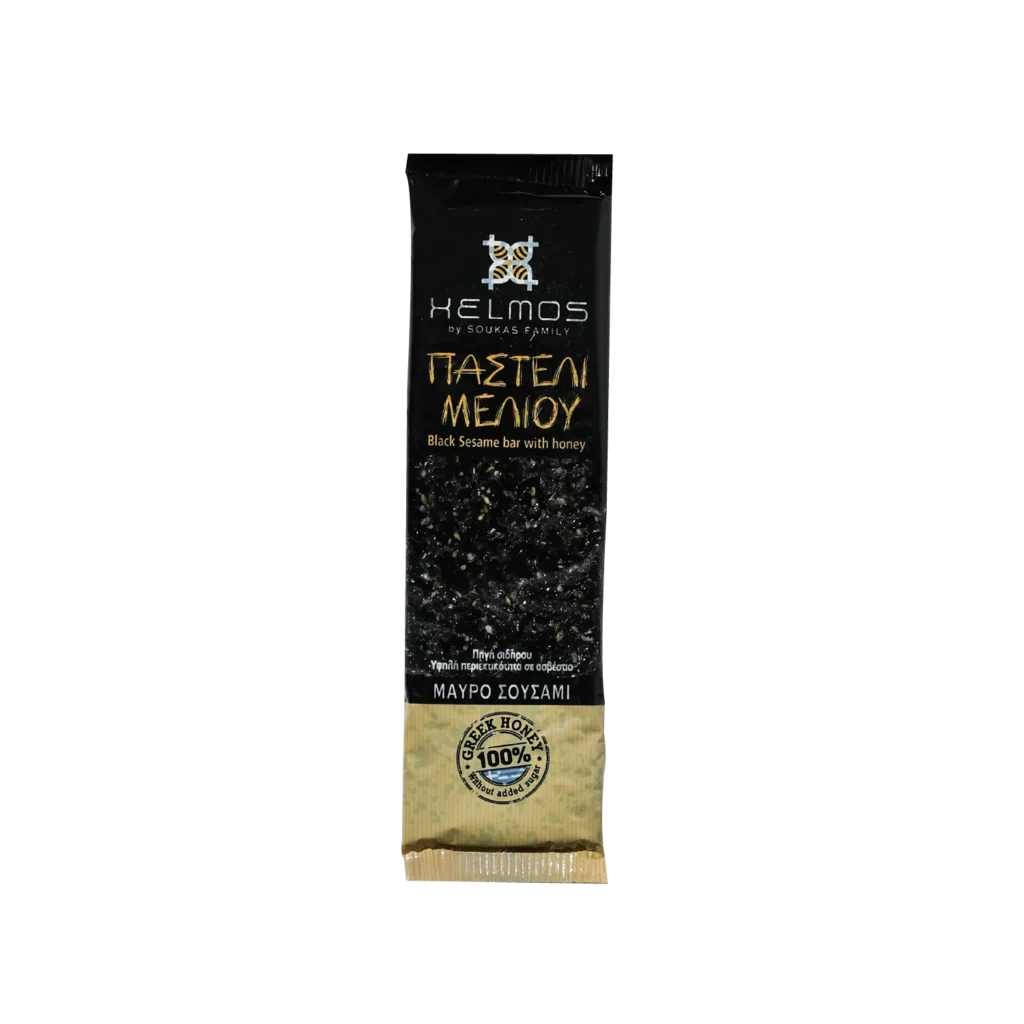
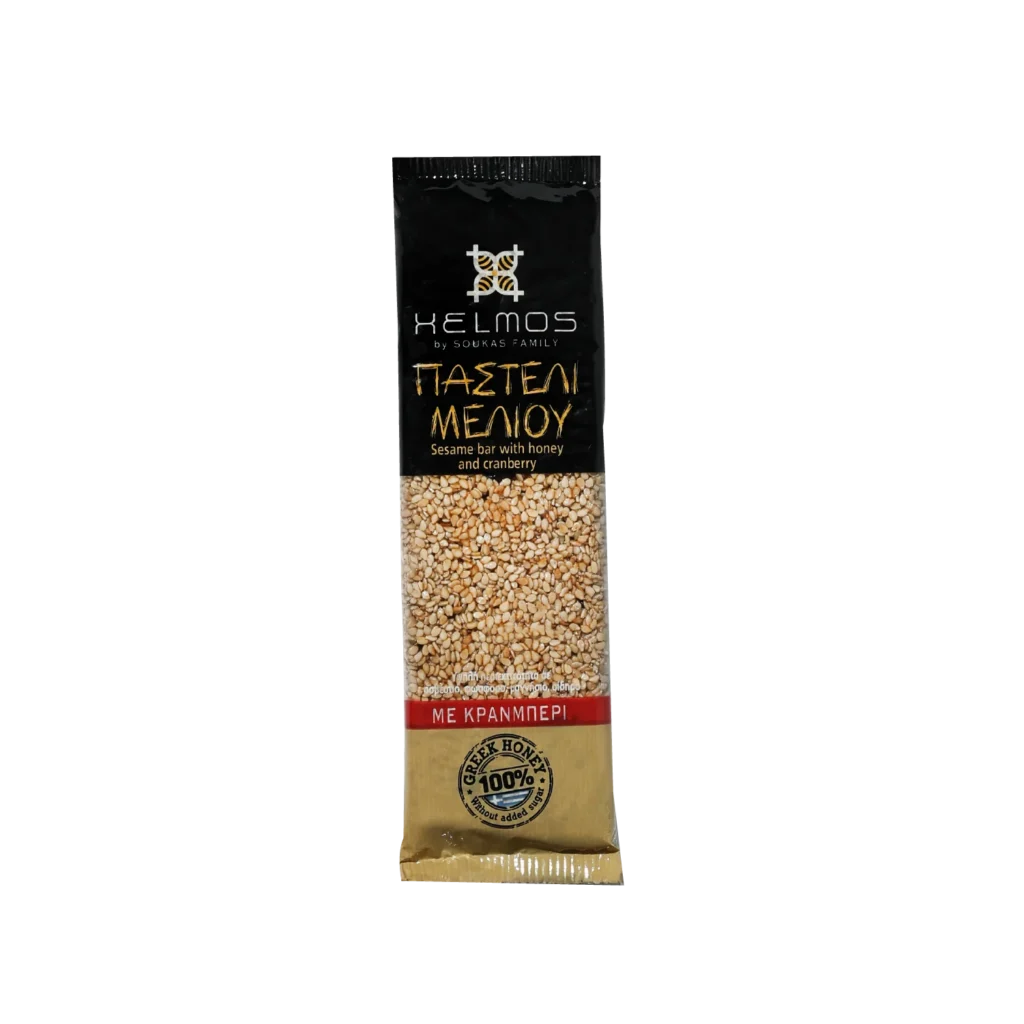
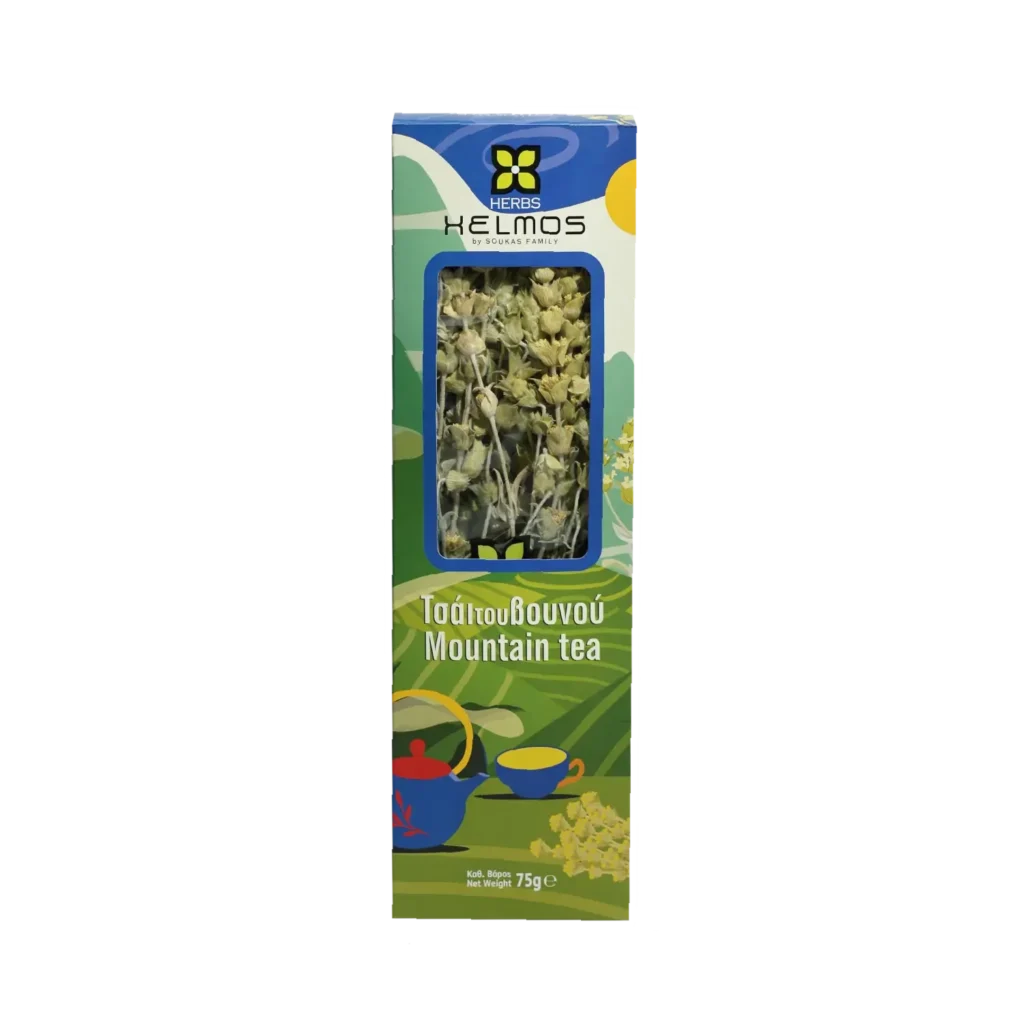
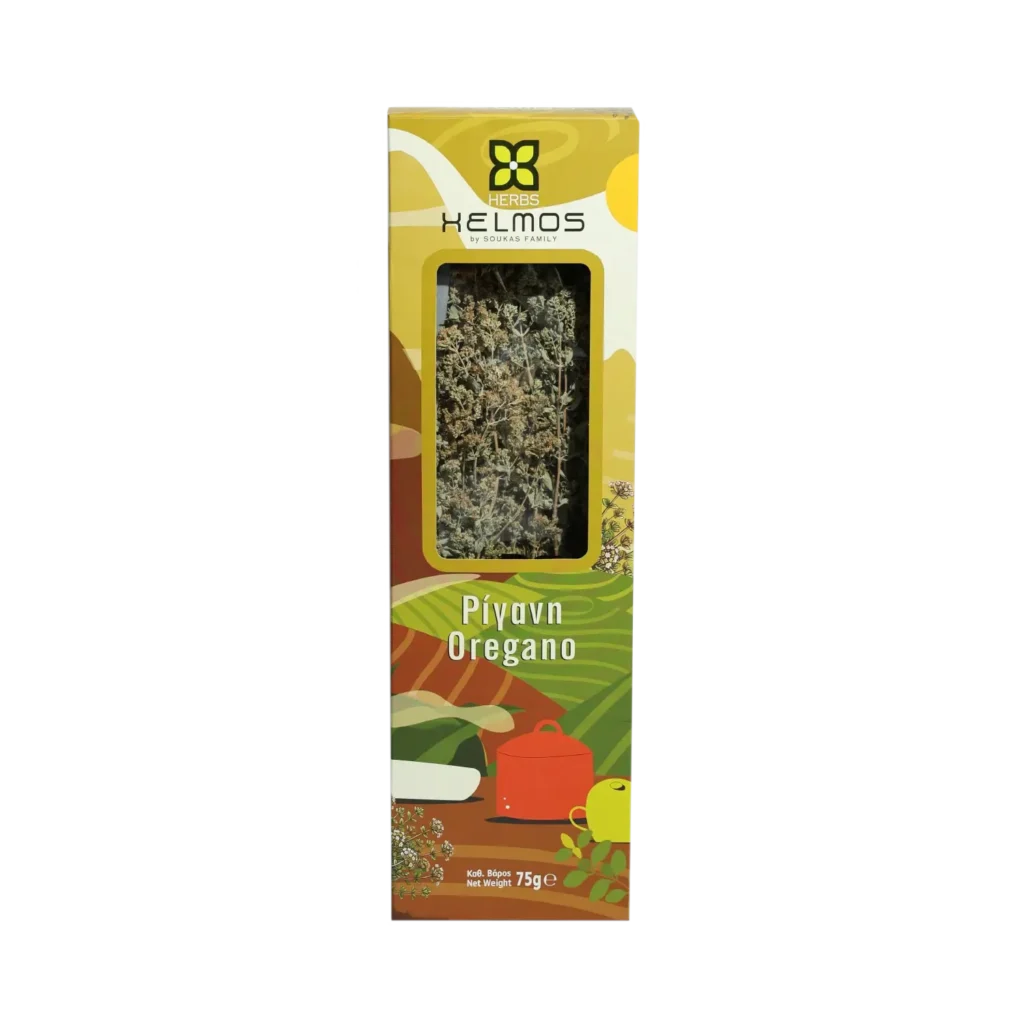
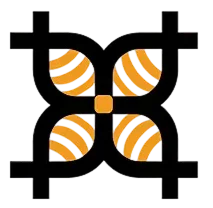
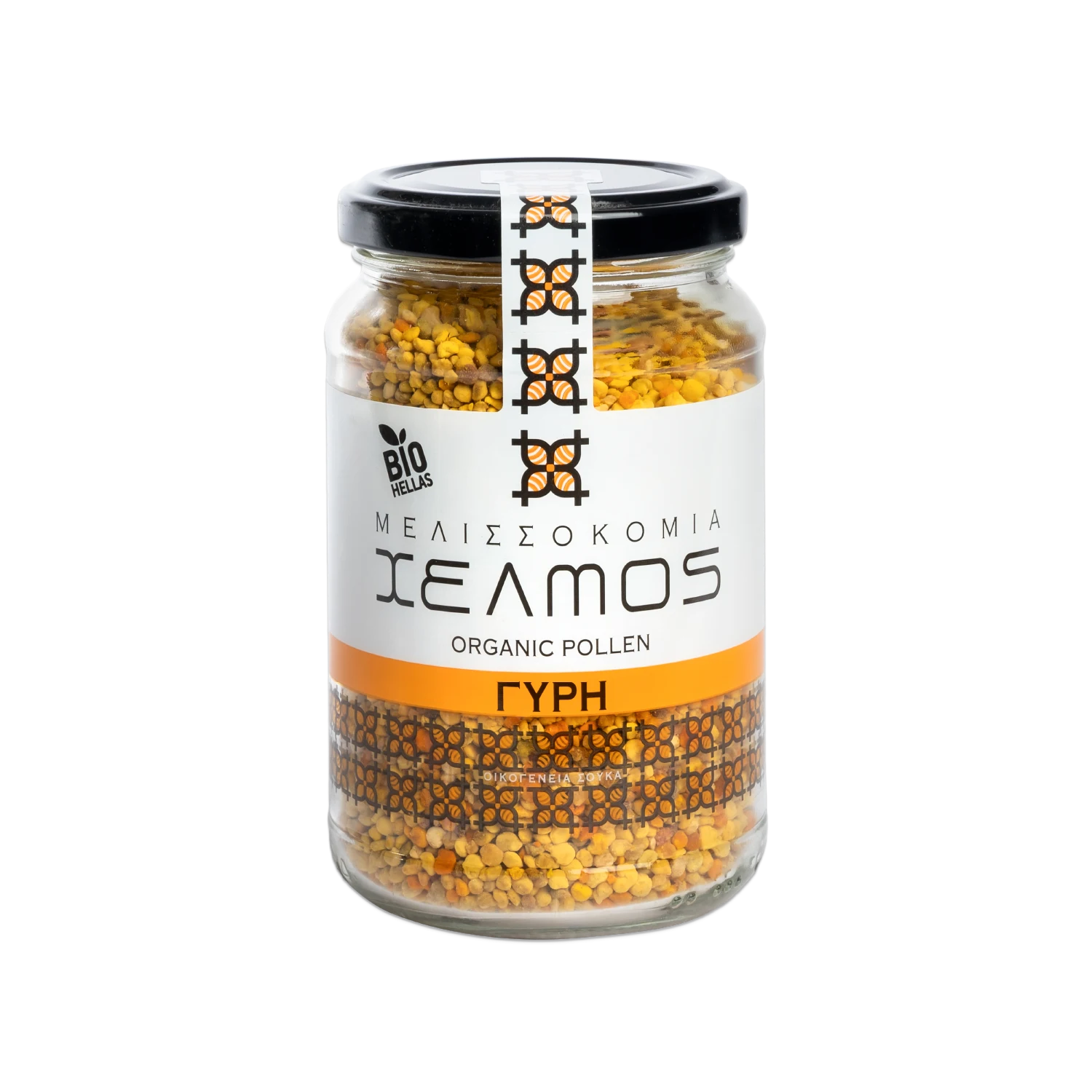
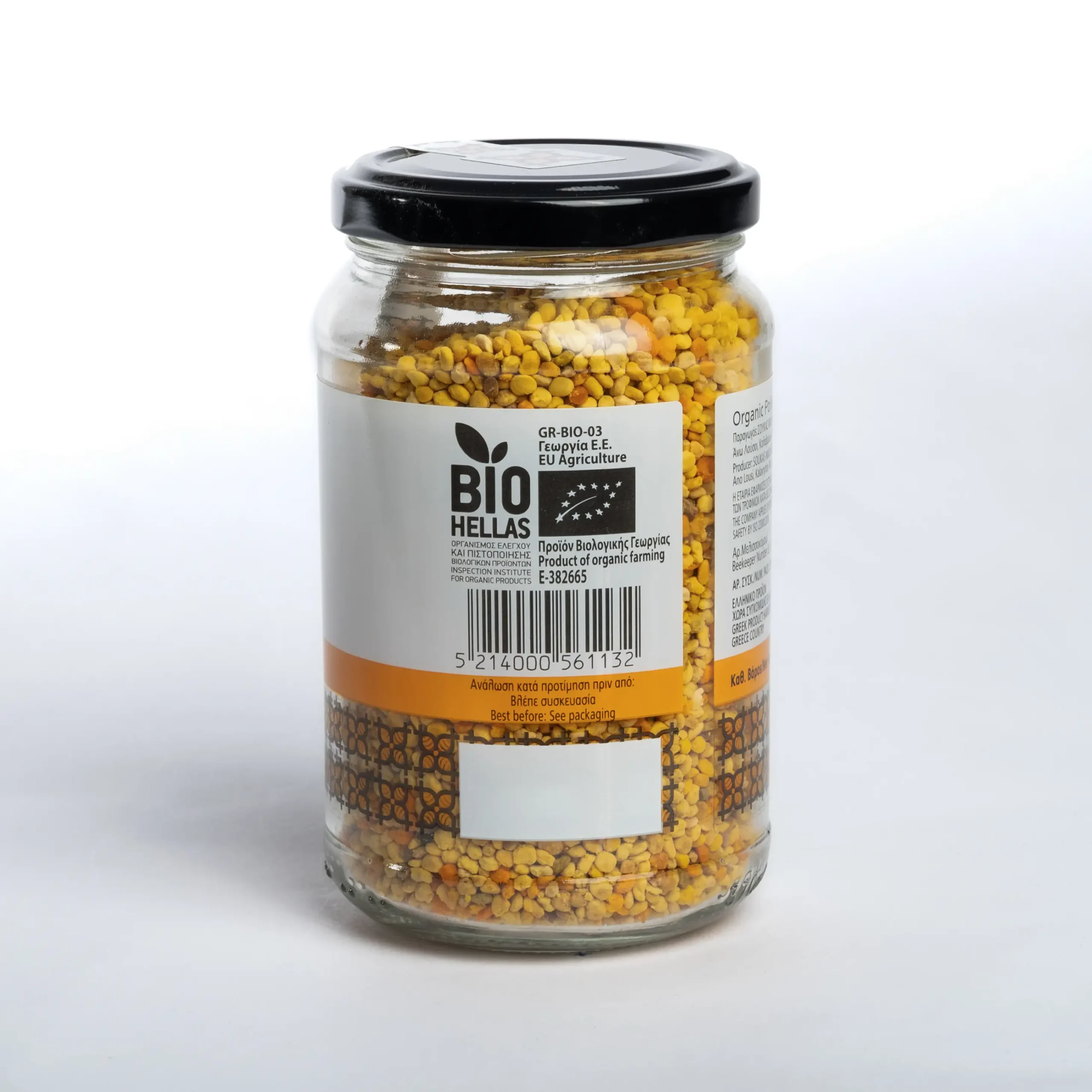
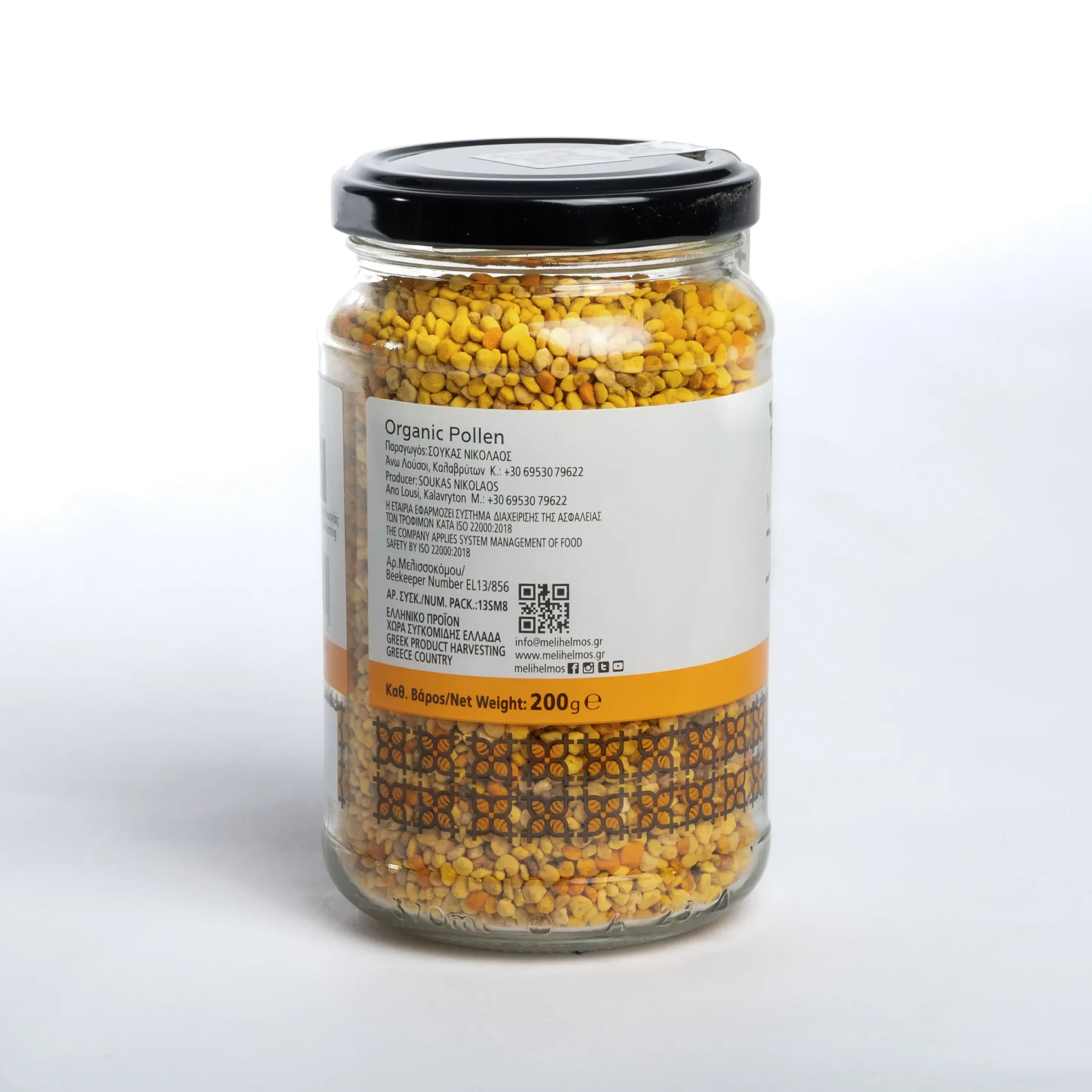
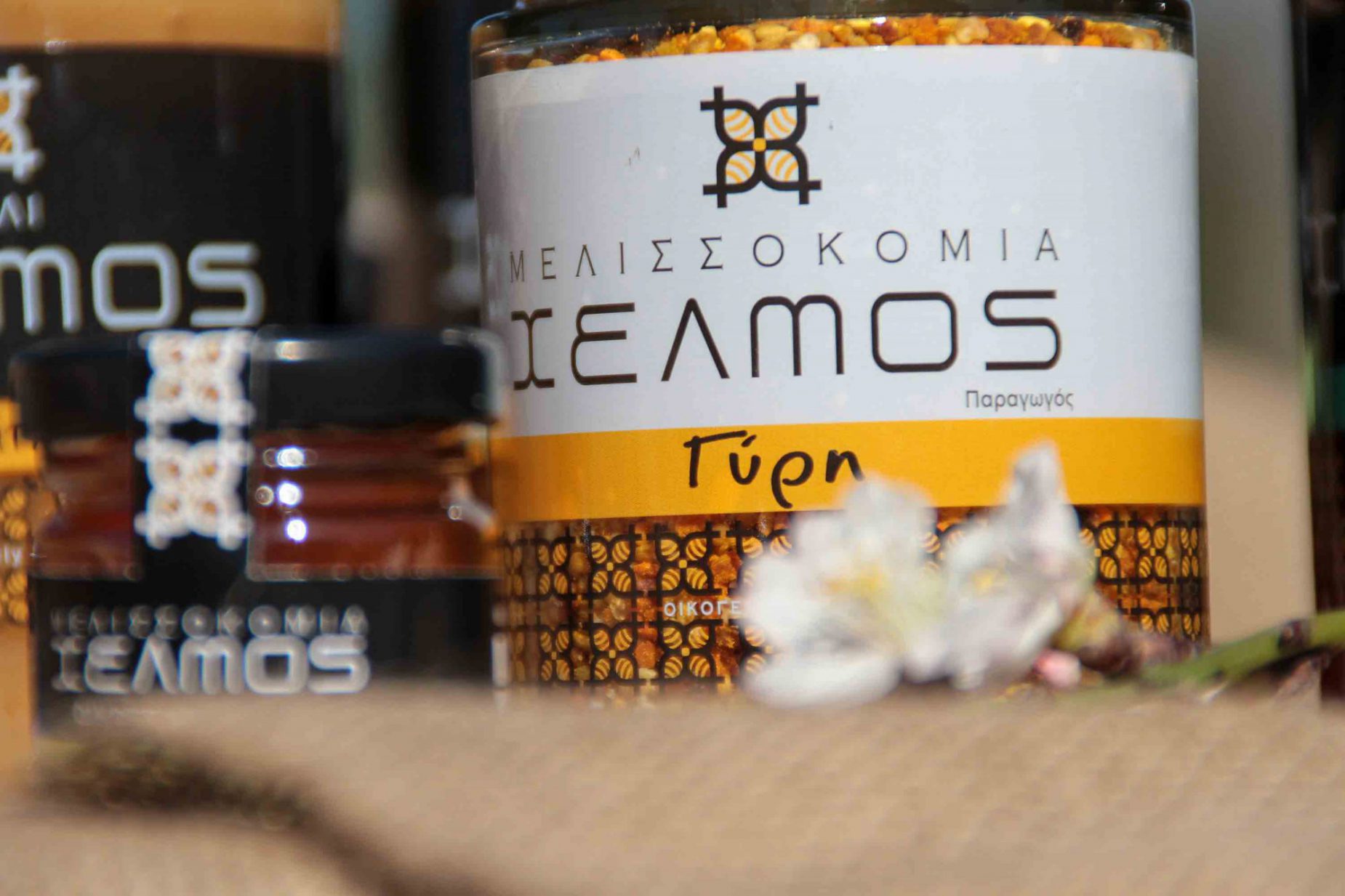
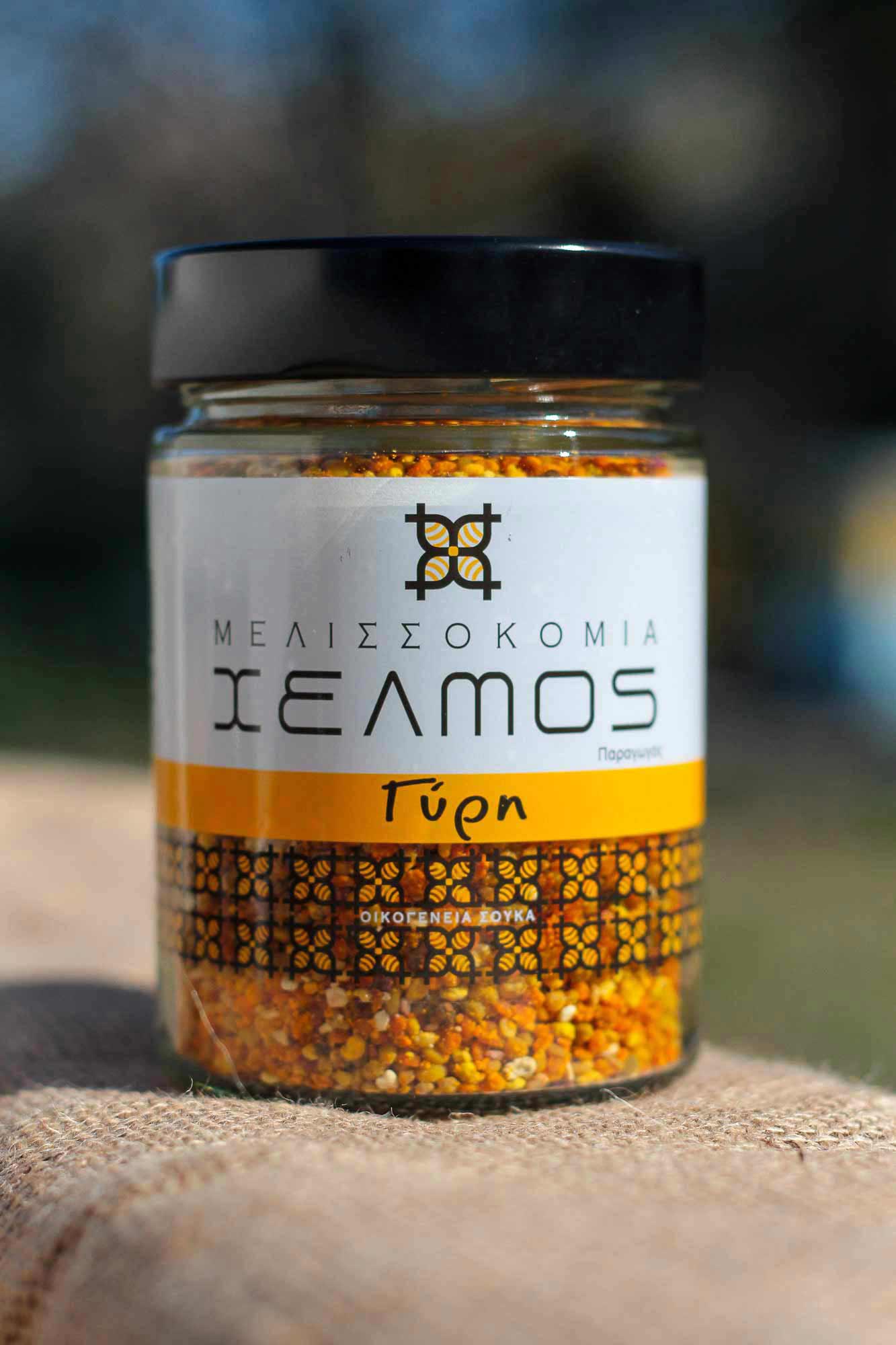
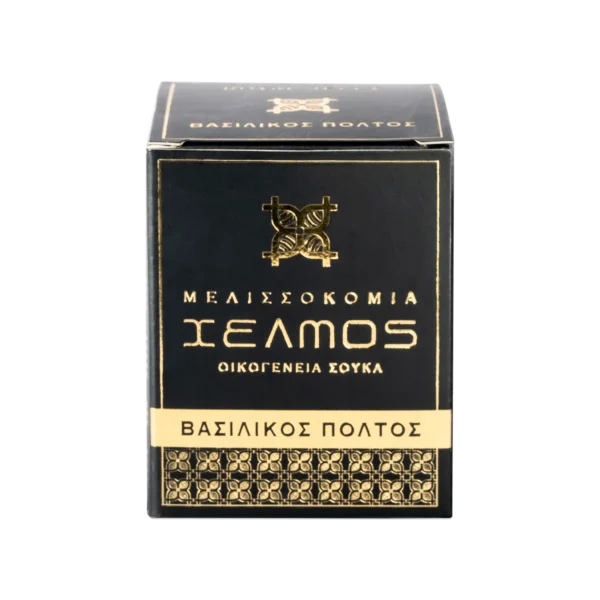
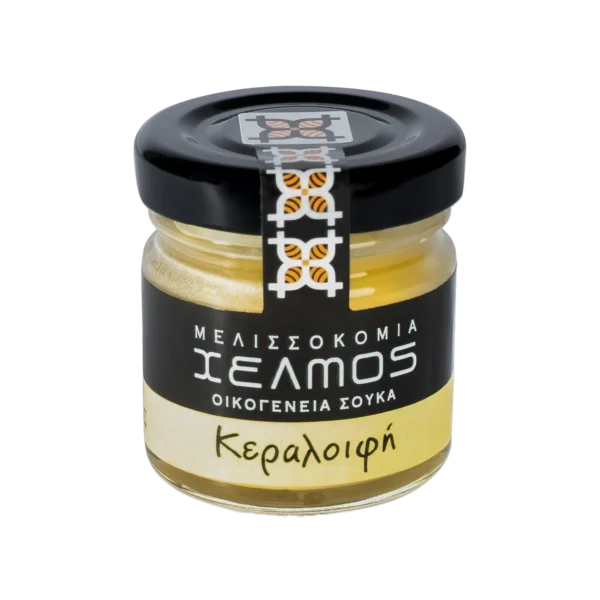
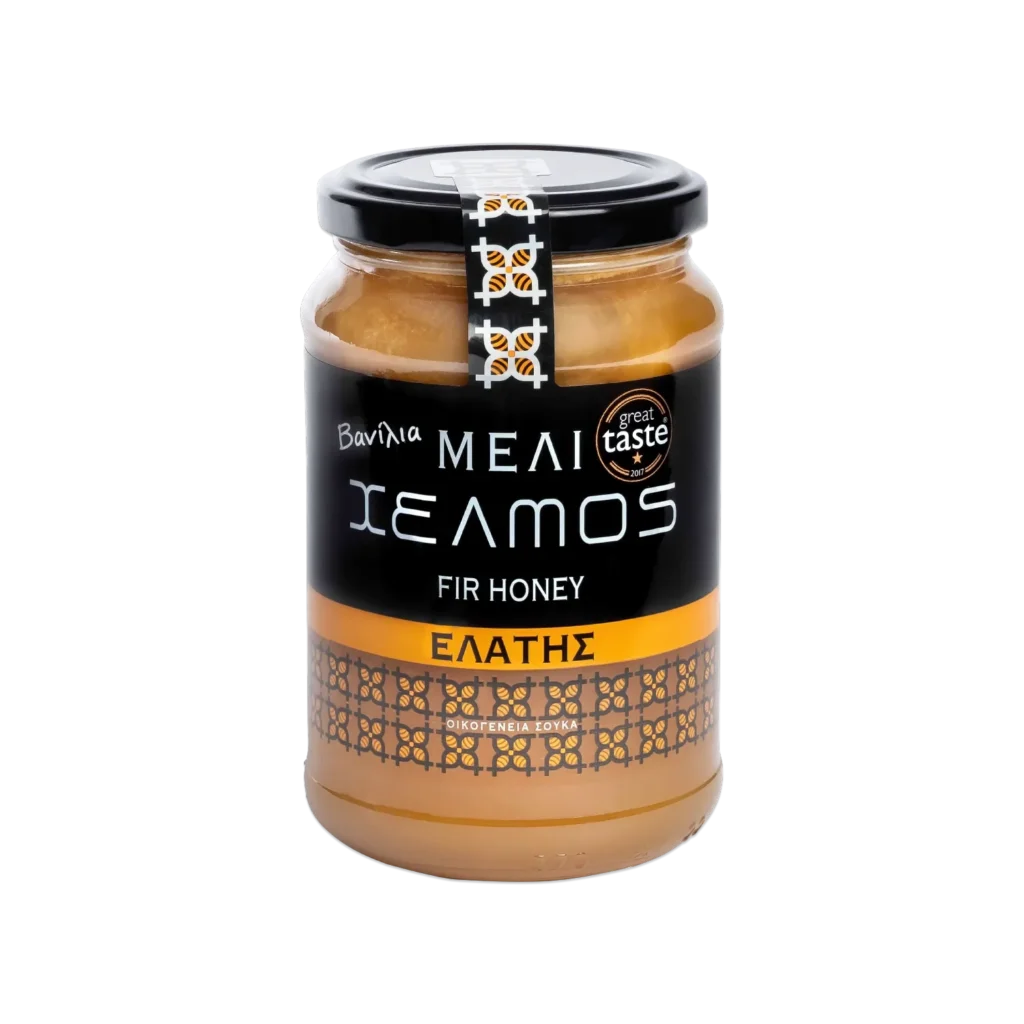
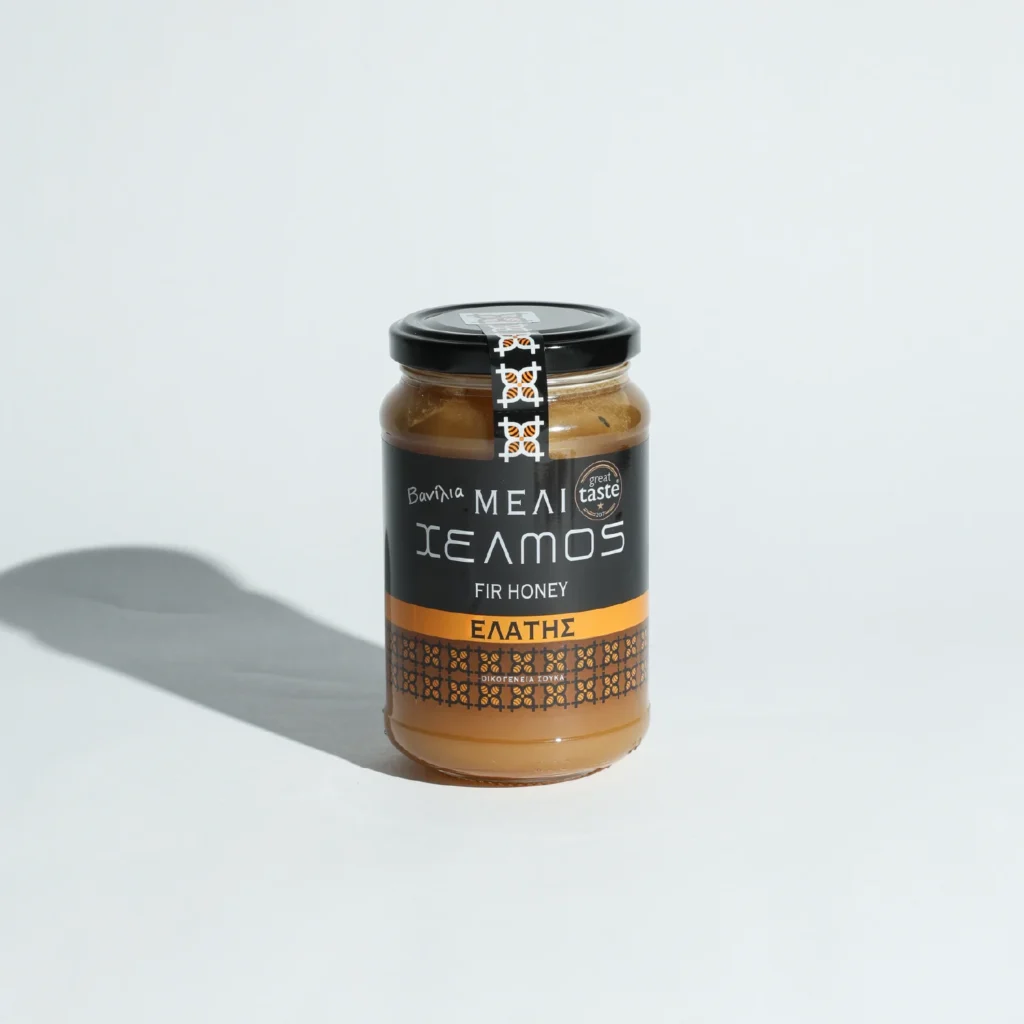
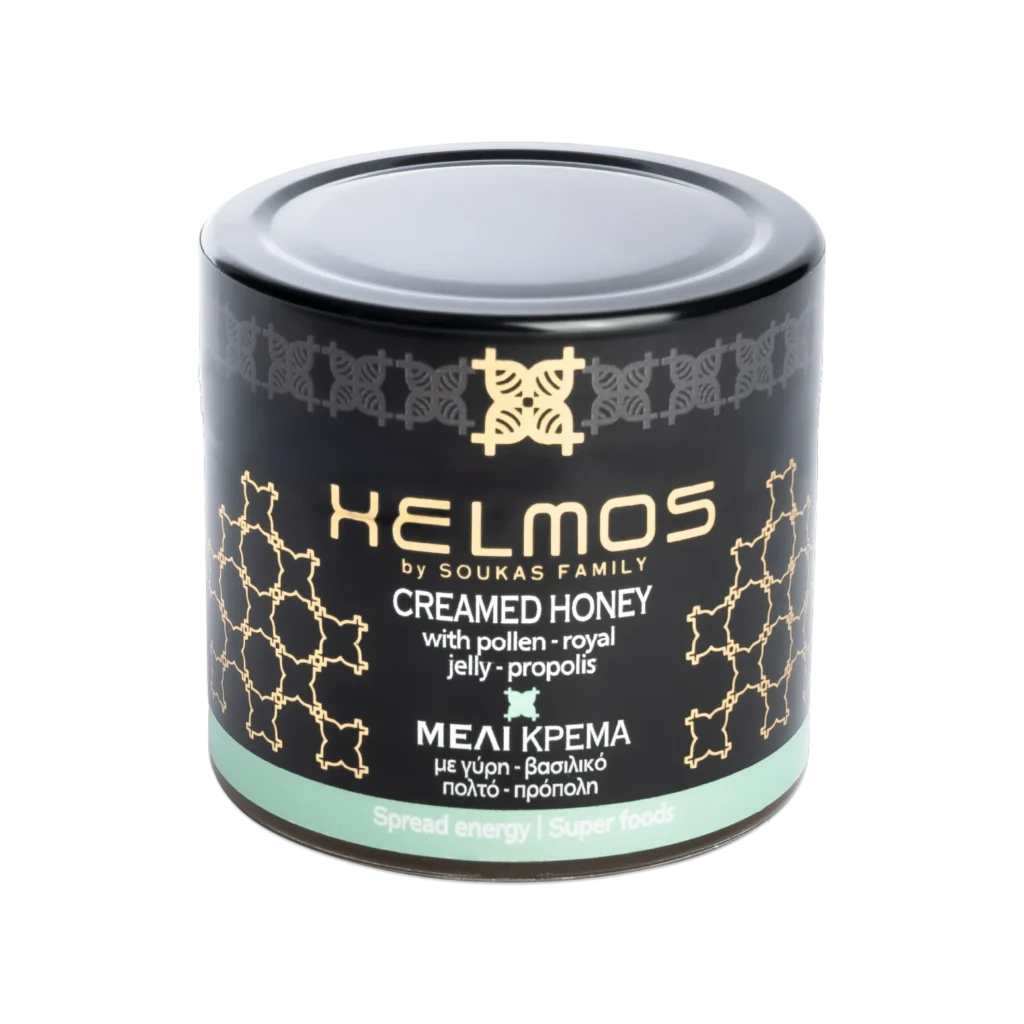
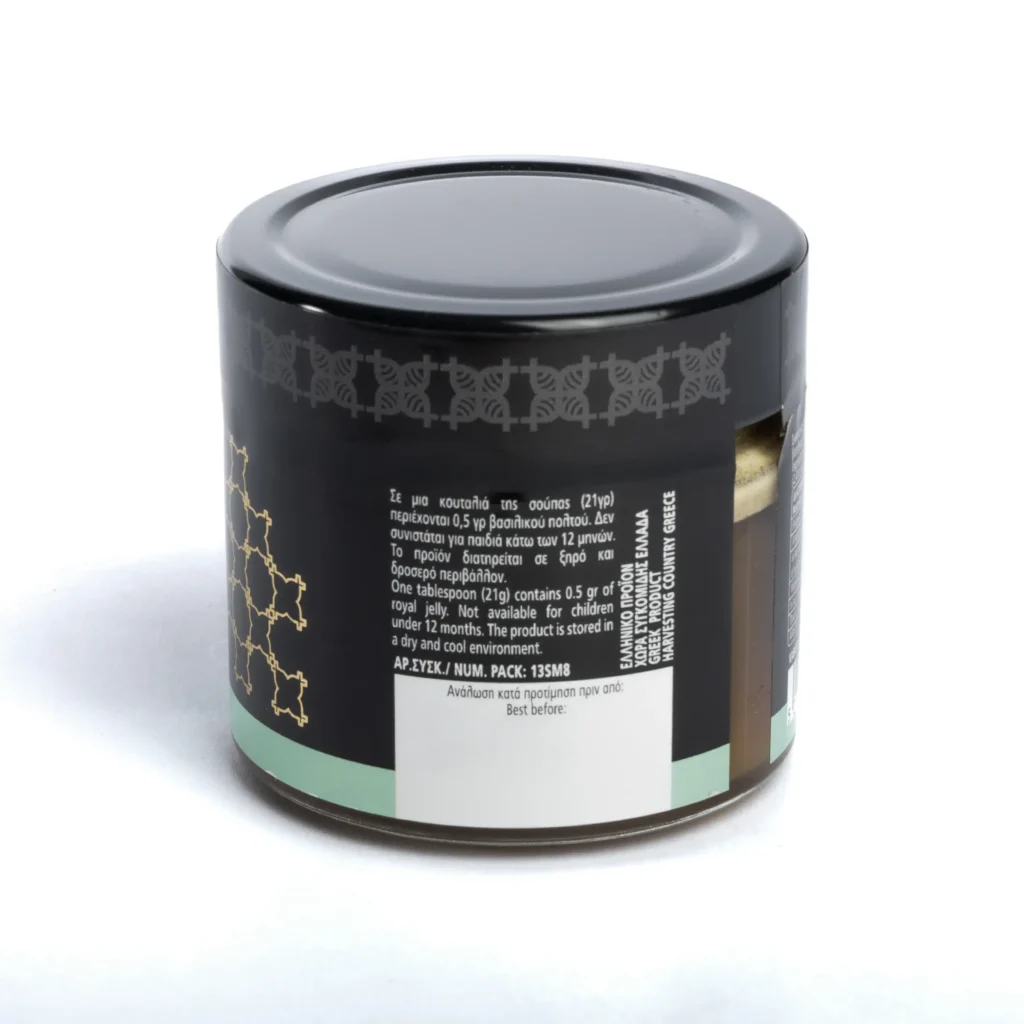
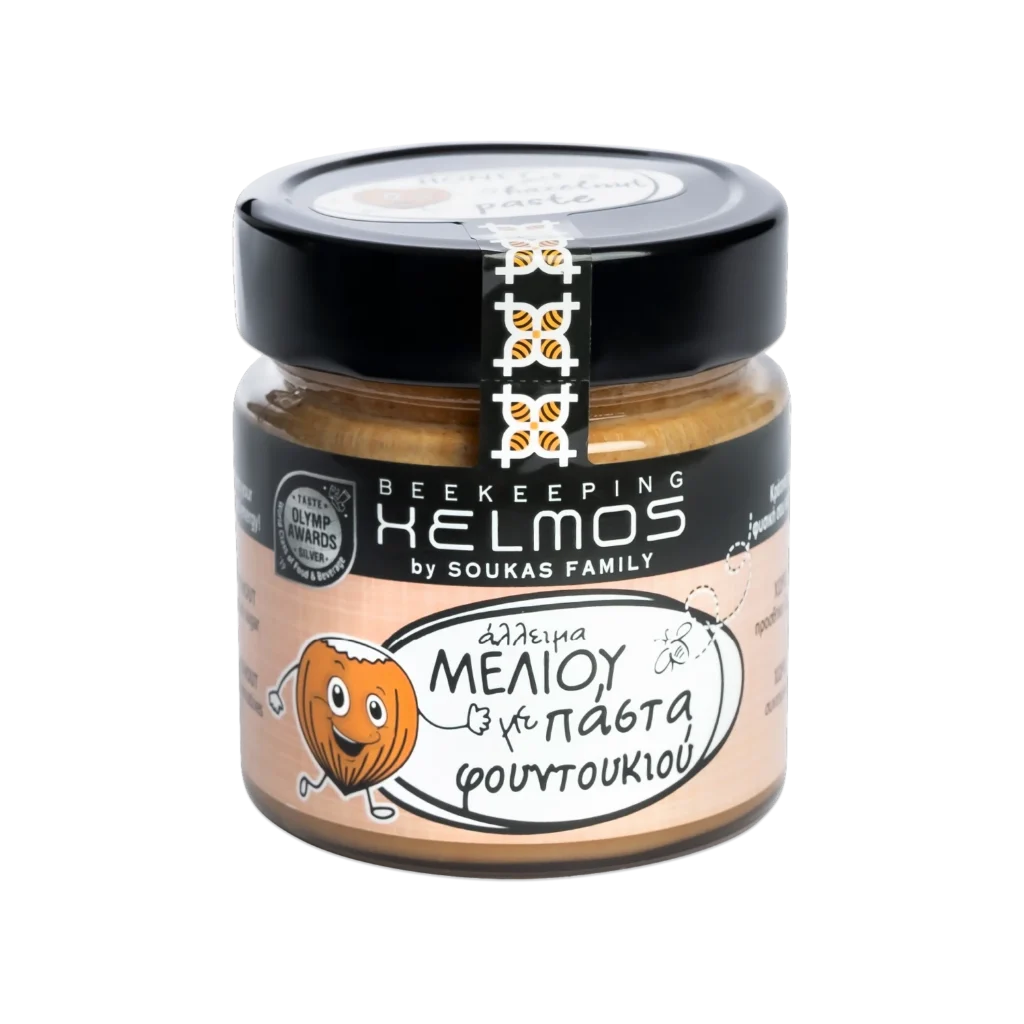
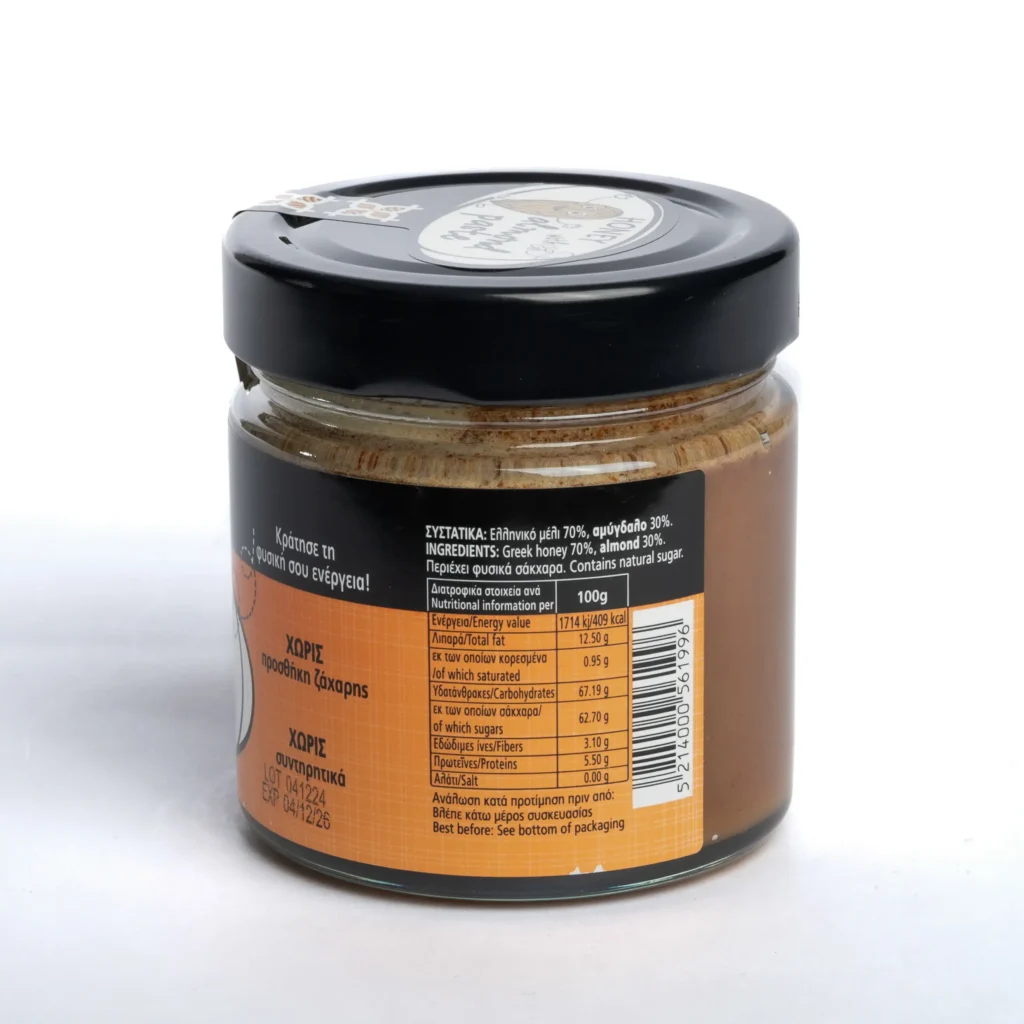
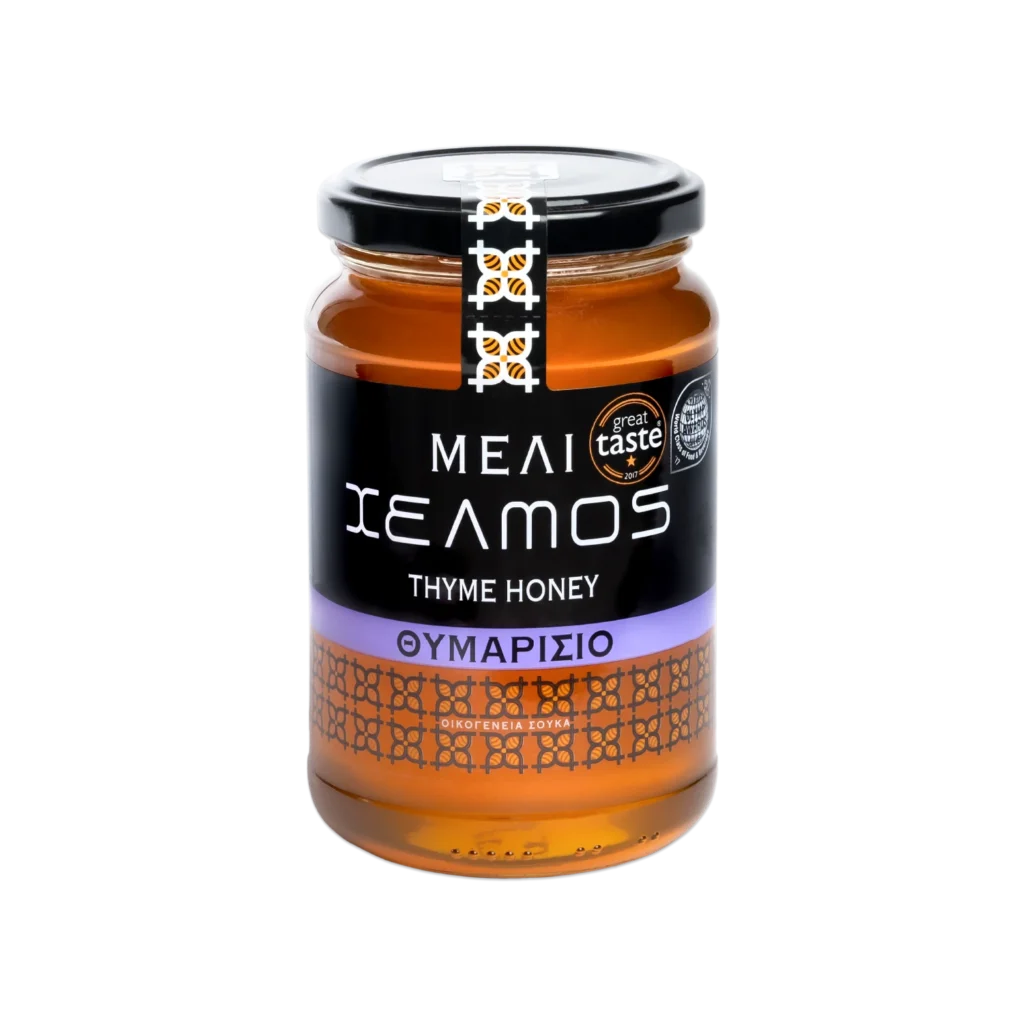
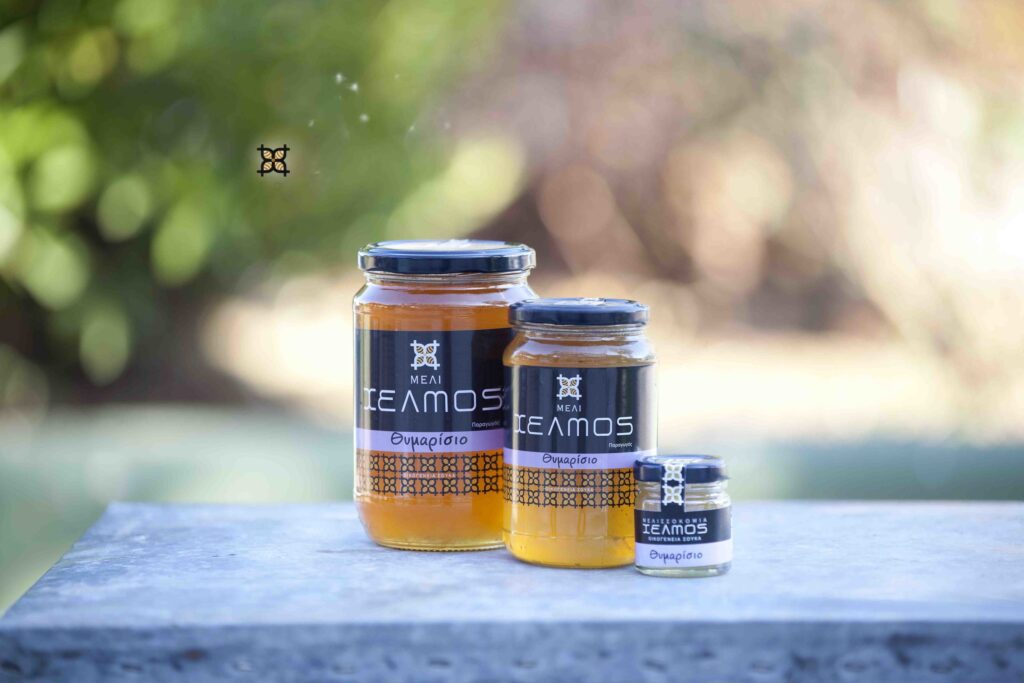

Reviews
There are no reviews yet.